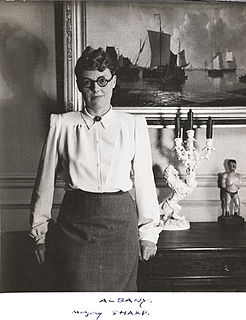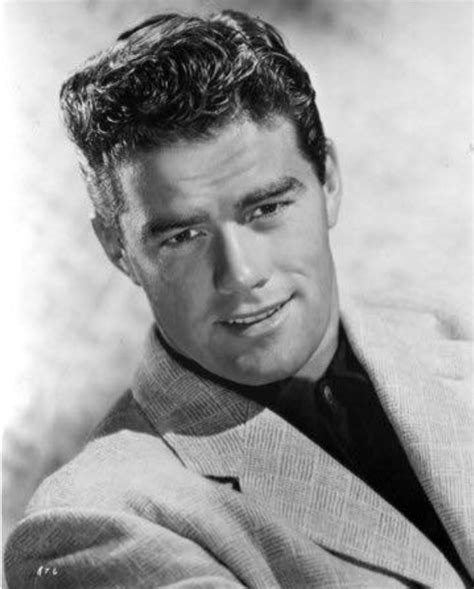A Quote by Hunter S. Thompson
Absolute truth is a very rare and dangerous commodity in the context of professional journalism.
Quote Topics
Related Quotes
Very rarely are you going to see the large shareholder or CEO of a corporation march into a newsroom and say, "Cover this story, don't cover that." It's a much more subtle process. The professional code adapts, but what we try to see, is how commercial and corporate pressure shape both the professional code and the sorts of things that are considered legitimate journalism and illegitimate journalism.
There is no such thing as absolute truth and absolute falsehood. The scientific mind should never recognise the perfect truth or the perfect falsehood of any supposed theory or observation. It should carefully weigh the chances of truth and error and grade each in its proper position along the line joining absolute truth and absolute error.
Absolute knowledge is only possible when you know the Absolute Truth and to have the Absolute Truth you have to go to the Absolute Being within you which is your Spirit. So, it gives you the truth, it gives you the collective consciousness. The main thing is that you become extremely peaceful personality, you become peace, you emit peace.
It is not given to man to know the whole Truth. His duty lies in living up to the truth as he sees it, and in doing so, to resort to the purest means, i.e., to non-violence. God alone knows absolute truth. Therefore, I have often said, Truth is God. It follows that man, a finite being, cannot know absolute truth. Nobody in this world possesses absolute truth. This is God's attribute alone. Relative truth is all we know. Therefore, we can only follow the truth as we see it. Such pursuit of truth cannot lead anyone astray.
At the very outset I have to tell you that truth is what it is. You cannot mold it, you cannot change it. It is always the same. It has been the same, it is the same, it will be the same. But to say that we know the truth and that we have the truth is really a self-deception. If you had known the absolute truth there would have been no problems and everybody would have said the same thing. There would be no discussions, no arguments, no fights and wars. But when we don't know the absolute truth then we can find out our own mental conceptions as the truth. But this mind is so limited.
A big part of my book deals with the caliber of journalism. Our journalism in general is deplorable, and on elections in particular it's very ineffectual. There are a lot of problems, a lot of them having to do with to problems within the professional code of journalism, which defines its role as the regurgitation of what people in power say. Another big problem is that we allow people with money to basically buy what's talked about in campaigns through running TV ads.
I got in journalism for any number of reasons, not least because it's so much fun. Journalism should be in the business of putting pressure on power, finding out the truth, of shining a light on injustice, of, when appropriate, being amusing and entertaining - it's a complicated and varied beast, journalism.






























